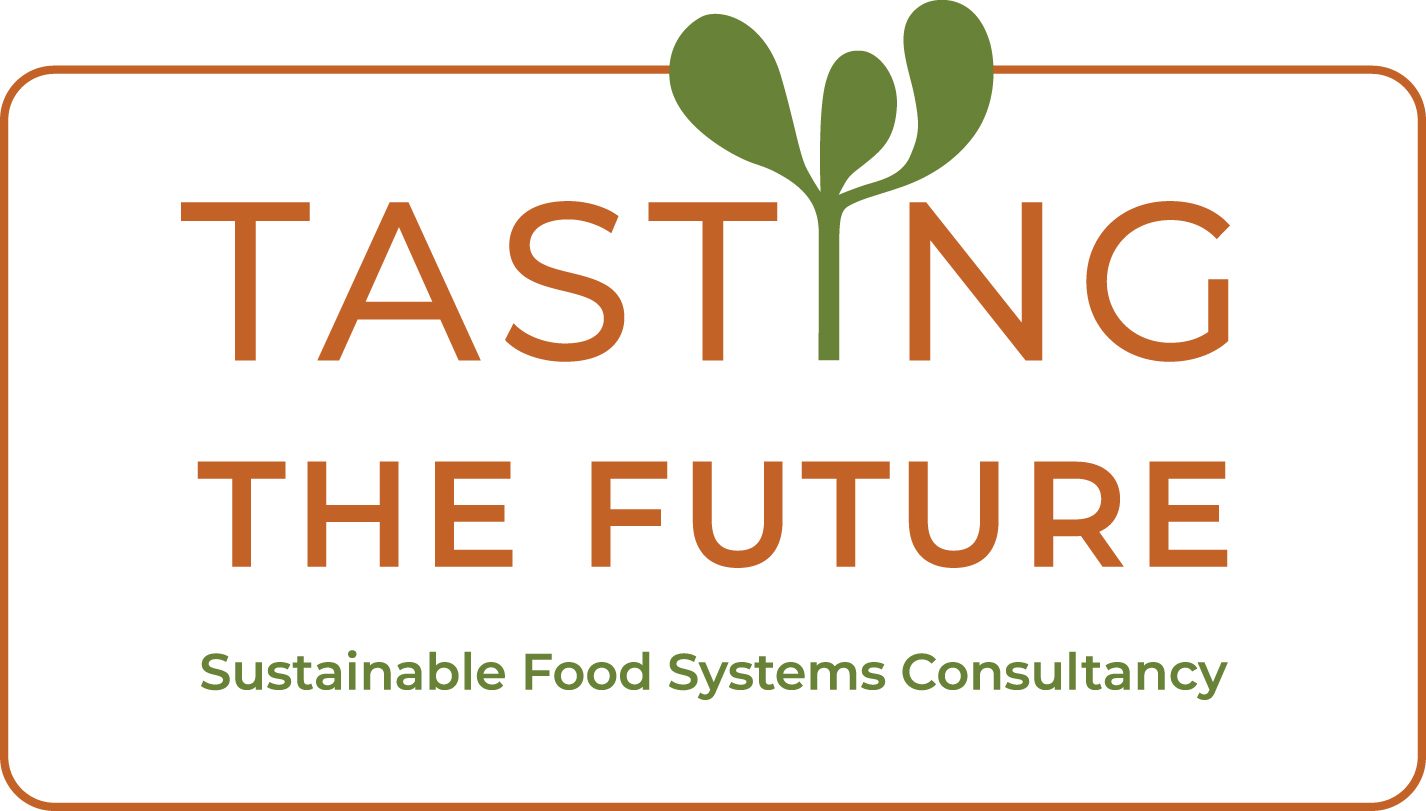It was the American poet, novelist, and environmentalist Wendell Berry who said that ‘The soil is the great connector of lives, the source and destination of all. It is the healer and restorer and resurrector, by which disease passes into health, age into youth, death into life. Without proper care for it we can have no community, because without proper care for it we can have no life.’ As we enter a new decade, there is excitement in the air (or should it be within our soils), with a new and exciting field of science and enquiry emerging which explores the link between the microbiome within soils and the human gut. Whilst the science is in its infancy, there are early tentative signs that the health of our soils has a significant influence our own health and well-being.
A recent scientific study highlighted that the soil and the human gut contain approximately the same number of active microorganisms ( Approximately 100 trillion micro-organisms, most of them bacteria, but also viruses, fungi, and protozoa), with the microbiome diversity within the human gut having decreased dramatically with the modern lifestyles. They found that the microbiota in our environment influence the human intestine microbiome, via direct contact with soil and faeces as well as via food quality. Our ancestors lived in close contact with soils and the wider natural world. In contrast, many urban societies today are influenced by the industrialization of agriculture, and the modern lifestyle, including the use of pesticides, antibiotics and hormones, together with the loss of any direct contact with soil. This depletion of microbial richness in all its guises, claim the researchers, has had a serious and deleterious effect on our own health.
In addition, there is also a body of emerging evidence that suggests that the soil microbiome might have an even more direct effect on our health by communicating directly with our own cells and by boosting the nutrient content of our food. According to Rob Knight, a microbiologist at University of California at San Diego, in an article for the Washington Post, he is finding evidence that more soil microbes can improve the digestibility, access to key nutrients within foods and protect us as opposed to harming us (through the contraction of Tetanus, for example).
Scientists have found gut bacteria can emit neurotransmitters that regulate mood and in turn influence mental well-being with initial indications suggesting that vegetables, grains, and beans fed a positive gut environment and improved health outcomes. Dr Zach Bush, a renowned US based physician argues that ‘the health of our soil microbiome is the single most potent factor determining how health, or unhealthy we are’ and has undertaken extensive research that highlights a positive correlation between soil health and human health.
There seems to be an increasing body of evidence that soil health contributes towards gut health. However over the last 60 years, particularly for many of us living within increasingly urbanised societies, our contact with the soil has largely been reduced, which together with a modern lifestyle and nutrition based on heavily processed foods, has led to the depletion of the gut microbiome with adverse effects to human health. Whilst soil-gut science is still very much in its infancy, we need to significantly scale up investment for research to identify the causes and effects between soil and gut microbiota. As the world looks more towards regenerative agricultural practices that focus on improving soil health and carbon, restoring the ecosystem of soil microbiota beneath our feet, could hold the key to restoring the health of humankind.
My previous blog, Ten Sustainable Food Trends for 2020 can be found here.




I think there is a relationship between the bacteria in gut of humans and animals that we use the manure for agriculture.This relationship has probably lead to decrease in the agricultural yeald because there’s substantial change in microbial flora of the gut in humans and animals due to urbanization and refined. food intake ,use of more chemical s in agriculture . This has led to decrease in the agricultural friendly microbial count . leading to decrease in the agricultural yeald.This in turn has affected the disease vulnerability of the humans and also the animals that we tame.. It’s all correlated,l assume.Ofcourse it needs a lot of research to find out more about this relationship